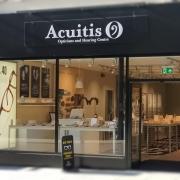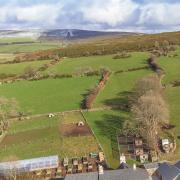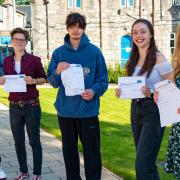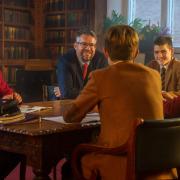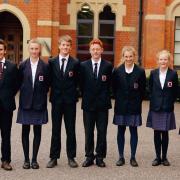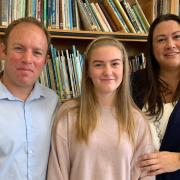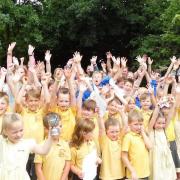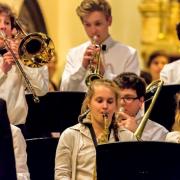Laura Dale reports on education in Devon
Driving into Stover feels like you’re pulling up at a country house hotel; the road curves around past the front entrance as if there should be someone in uniform to greet you and park your car. Only here there are pupils playing cricket on a dedicated cricket pitch, teachers and groundsmen arranging signs, stalls and games for the weekend’s summer fete. Inside, the reception is a series of large comfy sofas set up around a fire place. There’s a friendly, homely atmosphere about the place – something Richard and his staff are working hard to communicate to the outside world. Director of marketing Juliet Hunt says: “We have existed in our own bubble, but we are trying to reach out to the community and to dispel some of the misconceptions about Stover. A lot of people don’t realise we are a co-educational school now.”
Stover is a non selective, mixed independent school which takes children from age three to 18. It also provides a range of boarding options, which has led to some people thinking it is largely a school for foreign students (in fact there are 56 boarders, 19 different nationalities including eight Chinese pupils).
In the last two years since Richard took the helm, pupil numbers have gone up by 20 per cent and from 2014 to 2015 there has been an impressive 17 per cent point pick up in the GCSE results. In a nutshell, Stover is on the up. And headmaster Richard is giving the school strong leadership and a new voice.
Having spent ten years in the state sector in central Manchester, Richard was the head of maths in one of the biggest comprehensive schools in the area with a staggering 2,400 pupils. From there he taught in a very selective girls’ school and then at a non selective independent school in Cheshire. He made headship at a school in north Yorkshire before coming to Stover. He explains: “It was about finding a school whose learning and ethos and culture was what I believe in as an educationalist.”
Stover focuses on research based learning, where pupils take control of their learning – the focus is shifted from the teacher standing at the board to the children working together to problem solve and discover. Richard says: “A classroom should be exciting and engaging and children should be able to discover the knowledge that’s in them.”
There are no ‘extra curricular’ activities at Stover and instead, lessons like bush-craft (where they learn things like shelter building and water purification), cooking, clay pigeon shooting, judo and golf are weaved into the timetable. What’s more, experts are brought in to teach the pupils, like a former Royal Marine to teach bush-craft and a golf professional from Stover Golf and Country Club. The school also has a small farm with chickens, two orphan lambs and bee hives, which the pupils help to look after.
Richard explains: “As a school we recognise success regardless of where that success happens. If you do that then you fuel children’s self belief.” He continues: “It’s also about how we are using our site to educate the children.”




